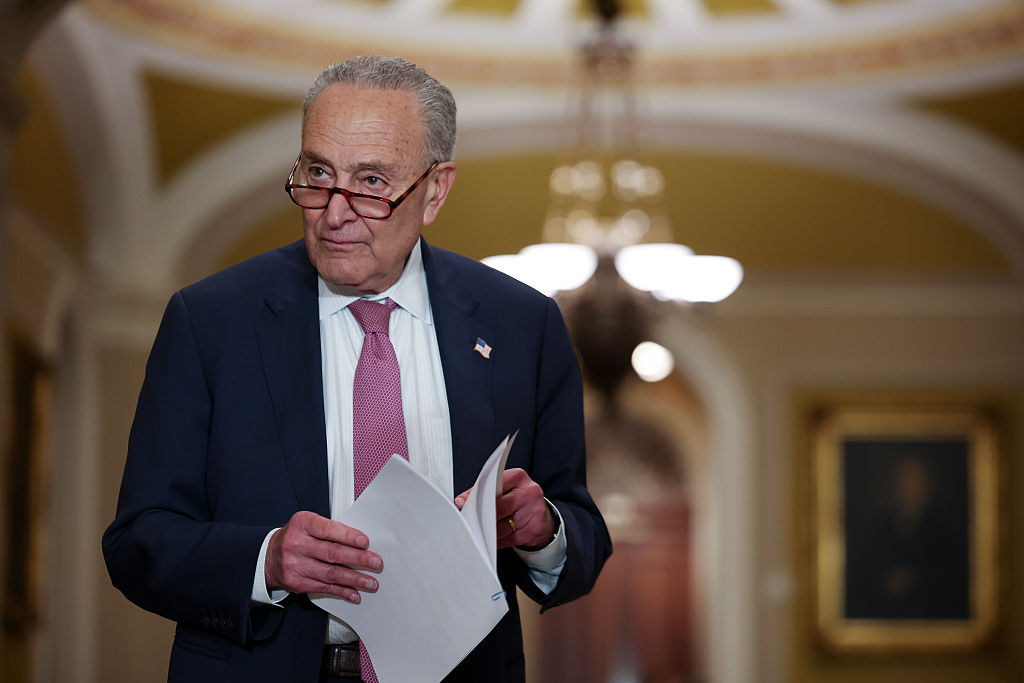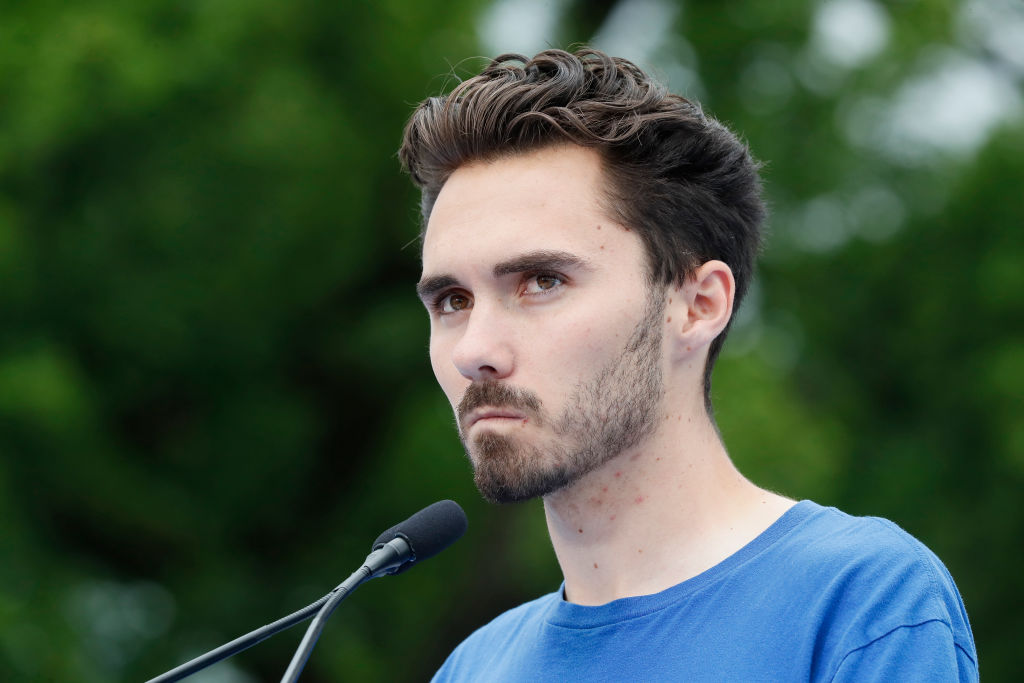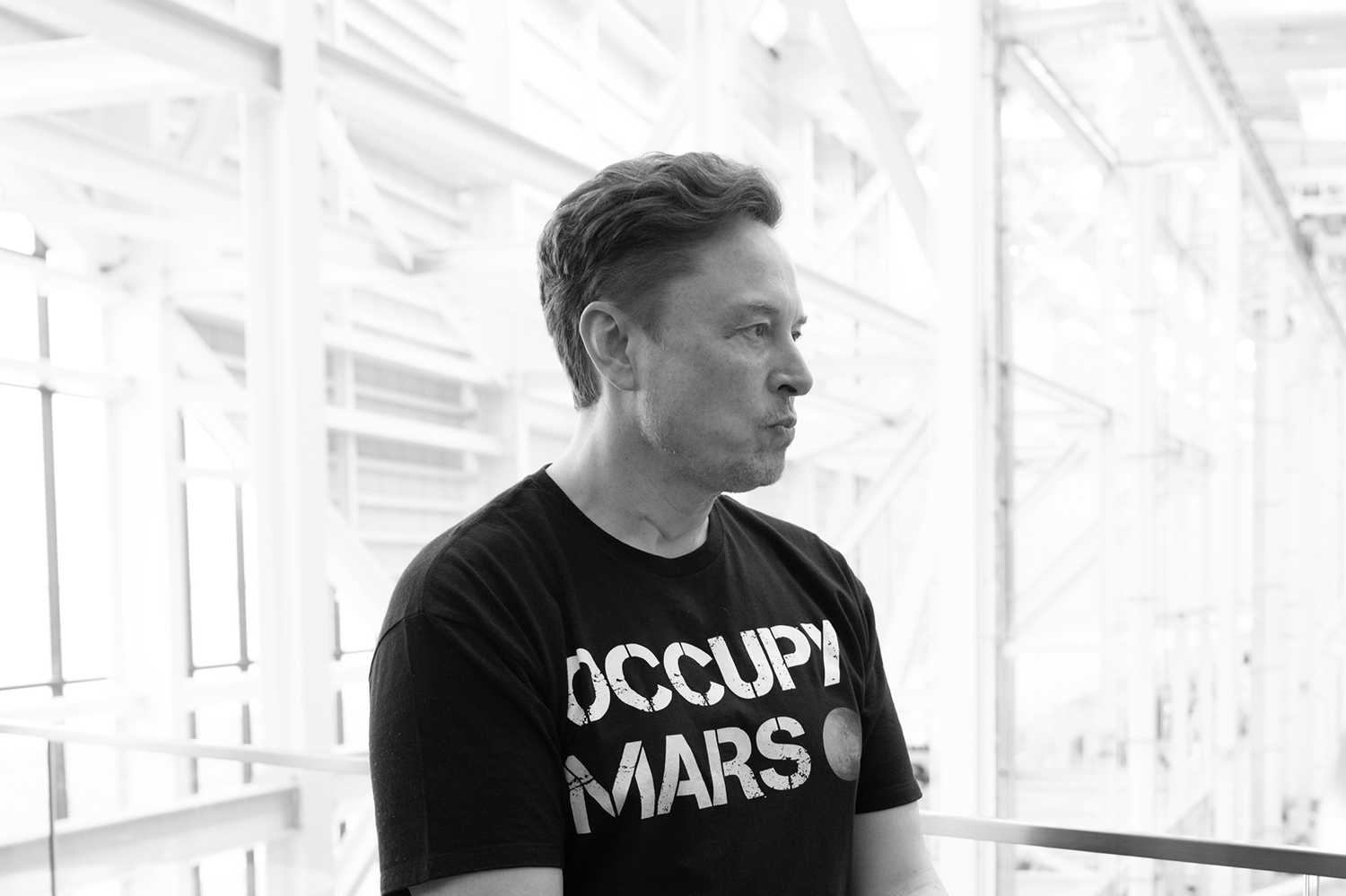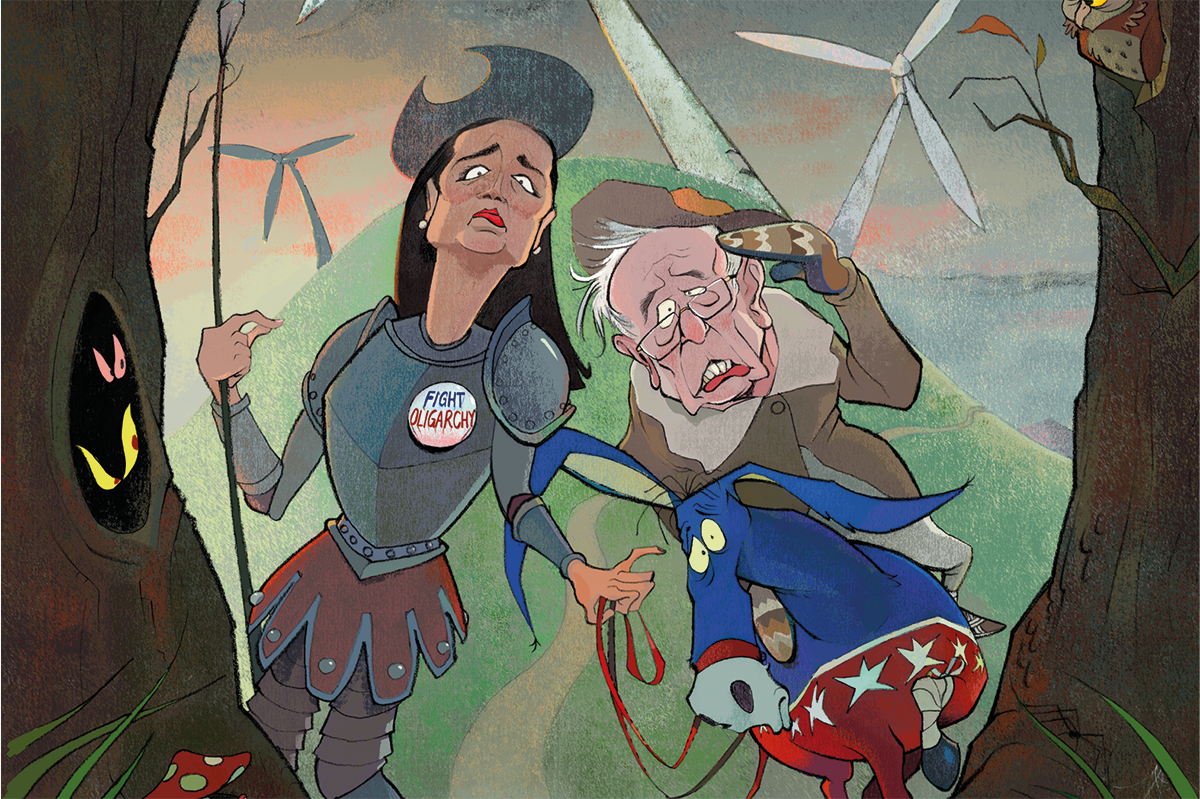There is a spot of Washington DC, a few blocks of downtown not far from the White House, where a cigarette is your only hope. The buildings are garish blocks of glass — ‘like someone overturned a giant ice cube tray,’ as one wag put it — while the color palette runs from charcoal gray to navy gray. The place can feel like ennui embodied, and all the worse when rain darkens the air and the streets fill with the soulless din of tires swishing through puddles.
It can wear on you, this drab slice of middle-managerial noir. But at least for me, there is one thing that can brighten it up: cigarette smoke. I might catch it off a passerby or light up a Marlboro myself. But either way I feel paradoxically improved. I think, at least someone here is having a good time.
I share that not because Washington being dull is in any way breaking news, but because that kind of experience may be the only argument left to those of us who enjoy the rare cig. On the empirical front, we’ve been routed. Smoking, as it turns out, is bad for you. Hundreds of thousands of deaths per year can be linked to it. One should do it only sparingly, yet that just makes the experience all the more precious. Those cheerier moods, those cityscapes less bleak, those evenings that burn a little longer, both in the moment and in the memory bank.
Whether that counts for anything anymore is unclear. Recently, congressional Democrats announced a new plan to tax the rich. This was also not breaking news, given that congressional Democrats announce a new plan to tax the rich approximately every Zodiac period. And as always, the party of the ruling class has a rather convenient definition of ‘rich’. Their plan does nothing to close loopholes used by billionaires — i.e. their constituents — or go after lavish inheritances. What it does do is to hike excise taxes on tobacco and vaping products, which are disproportionately enjoyed by those who are very much not the rich.
The arithmetic here is not the point. Democrats are looking to make their bill only appear fiscally responsible so they can use the reconciliation process and dodge a Senate filibuster. Yet the fact that their budgeting theater chooses to shadowbox the wealthy and smokers is no accident. Both groups are easy targets. Hence why the current federal cigarette tax is about $1 a pack (Nancy Pelosi and friends want to double it), while states and municipalities can slap on several dollars more. There is no lobby to protest this, no identity politics group to play the victim.
So while smoking might be salt of the earth, it’s also démodé, regarded as a uniquely filthy habit by our secular right and just. This attitude applies not just to the demand side, but to the supply side as well. Progressives might chirp over the wonderfully sustainable new marijuana farm up the road, but the American tobacco cultivator, a staple of this country’s economy dating back to colonial times, elicits no such sympathy. The number of tobacco farms has been plunging, even as cannabis agriculture yields the next great American land rush.
The inconsistency there — pot is bad for you too! — is another clue that this is as much about fashion as it is about health. I was once in Georgetown smoking a cigarette when a woman walked by coughing ostentatiously and waving her hand. Cut to M Street about two feet away where dozens of tailpipes were sitting in traffic. As comedian Nick DiPaolo once put it, our metropolitan elites ‘don’t smoke but they’ll jog behind a bus for two and a half hours.’ It’s about social stature, indicating that one is from the enlightened tribe and not the benighted one. It’s the same reason school administrators shriek about protecting children from secondhand smoke, while also cramming as much tech as possible into the classroom, even as research shows a strong link between staring into a screen and skyrocketing teen suicide rates.
This elite anathema against smoking is relatively new. It was Jean-Paul Sartre, after all, not Larry the Cable Guy, who said, ‘Life without cigarettes is a little less worth living.’ Today, he would be run out of the same cafés he used to haunt. And don’t you sometimes miss that kind of place? The smoky pub? The cabaret bar brimming with jazz notes and little glowing fireflies? Admittedly this falls back again onto the experiential, but then one of the problems of our age is that we neglect such lived experiences. The GDP can’t compute a good night out.
Earlier this year, the writer Matthew Walther suggested that smoking will eventually be banned in America. And while he has far more authority on this subject than I do, I’d like to meekly disagree. The purpose, it seems to me, is more electroshock than outright prohibition. The beautiful people need an untermenschen to feel superior to. The busybodies need another forever campaign to keep them occupied while the kids are at latchkey. The green eyeshades need an imaginary pocket to pick.
That isn’t to say there aren’t some who would like to win this war. I once chatted with a couple anti-tobacco activists who freely admitted that their long-term goal was a total ban. But those are the finger-sniffers and the fanatics. For everyone else, the smoker serves a mostly psychological purpose, especially since he’s been largely banished from public spaces. And hasn’t that just been such a success? Our buildings might look like something out of Yevgeny Zamyatin’s We, our children might stare unblinkingly into an undulating TikTok nebula, the smell of marijuana might waft out of apartments and parks, but at least no one ever has to take an unwanted gulp of tobacco smoke.
Well done everyone.

























